Oral History Unit . Our mandate: Preserve heritage and memory; Record untold histories / stories of our past; Fill the missing gaps in current Archives
top of page : I. Introduction. Just Do It; What is Oral History? Sequence For Oral History Research; Just Do It We all have stories to tell, stories we have lived from the inside out.
http://study.com/cimages/videopreview/oral_tradition_of_storytelling_definition_history_example_v1_113833.jpg Oral literature or folk literature corresponds in the sphere of the spoken (oral) word to literature as literature operates in the domain of the written word. https://image.slidesharecdn.com/reconstructingafricashistory-oraltradition-170320185228/95/reconstructing-africas-history-oral-tradition-3-638.jpg?cb=1490036253

Oral Tradition History
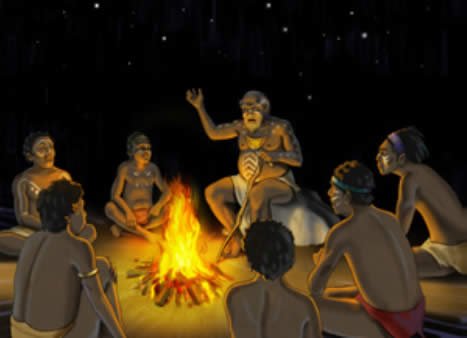
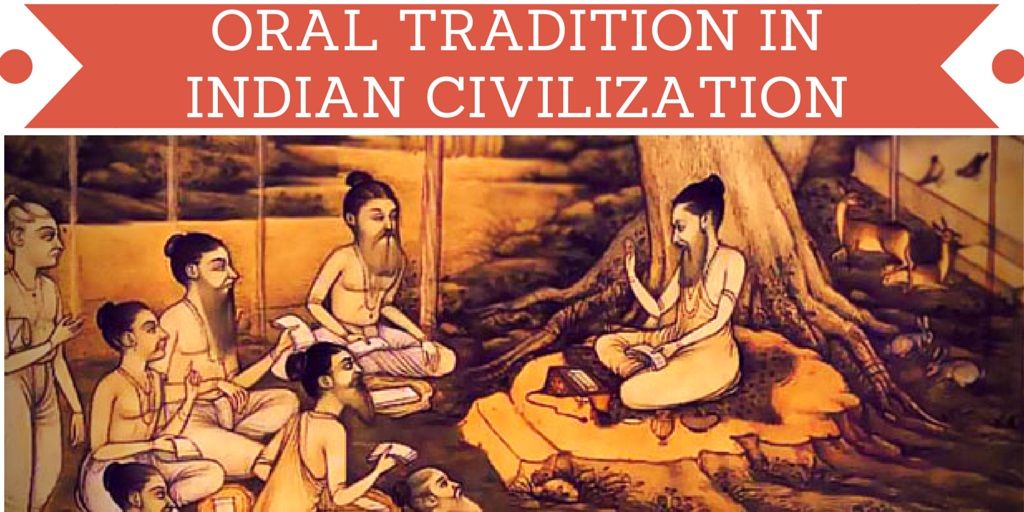
https://image.slidesharecdn.com/reconstructingafricashistory-oraltradition-170320185228/95/reconstructing-africas-history-oral-tradition-2-638.jpg?cb=1490036253 The making of oral history: Sections 1–2 Graham Smith. Early history; Developments in oral history theory. History from below; Uncovering hidden histories https://image.slidesharecdn.com/reconstructingafricashistory-oraltradition-170320185228/95/reconstructing-africas-history-oral-tradition-1-638.jpg?cb=1490036253 According to Rabbinic Judaism, the Oral Torah or Oral Law (Hebrew: תורה שבעל פה , Torah she-be-`al peh, lit.”Torah that is on the mouth”) represents those laws, statutes, and legal interpretations that were not recorded in the Five Books of Moses, the “Written Torah” (Hebrew: תורה שבכתב , Torah she-bi-khtav, lit. 2. Transitional Phases in the Form and Function of the Book before Gutenberg. 2.B. The Transition from Oral to Written Culture “Some might argue that, without writing, the same beliefs could not have prevailed over such a long period of time, but in reality, oral traditions are far more faithfully passed on than the written word. For millennia prior to the invention of writing, which is a very recent phenomenon in the history of humankind, oral tradition served as the sole means of communication available for forming and maintaining societies and their institutions. Moreover, numerous studies—conducted on six continents Critics often argue as follows: That short sayings of Jesus were the only ones recorded; and, by implication, are the only ones that we may reasonably assess as having been passed down to us from Him with any accuracy; and, That these short sayings circulated by word of mouth for some 20 yea
Critics often argue as follows: That short sayings of Jesus were the only ones recorded; and, by implication, are the only ones that we may reasonably assess as having been passed down to us from Him with any accuracy; and, That these short sayings circulated by word of mouth for some 20 yea
http://www4.alibris-static.com/oral-tradition-as-history/isbn/9780299102142_l.jpg https://cdn-assets.answersingenesis.org/img/articles/2014/09/oral-traditions.jpg http://www.smp.org/size/files/460acfdf2e8b4a756c931a388ecb1365/51022-Oral_Tradition.jpg.960x.jpg Oral History Unit . Our mandate: Preserve heritage and memory; Record untold histories / stories of our past; Fill the missing gaps in current Archives
Torah sheba’al Peh – The Oral Torah and Jewish Tradition. by John J. Parsons. During Shavuot we revisit the miracle of the giving of the Torah at Mount Sinai, but you might be surprised to know that Rabbinical Judaism believes that two Torahs were given to Moses at that time — the written Torah and the oral Torah (in Kabbalistic traditions
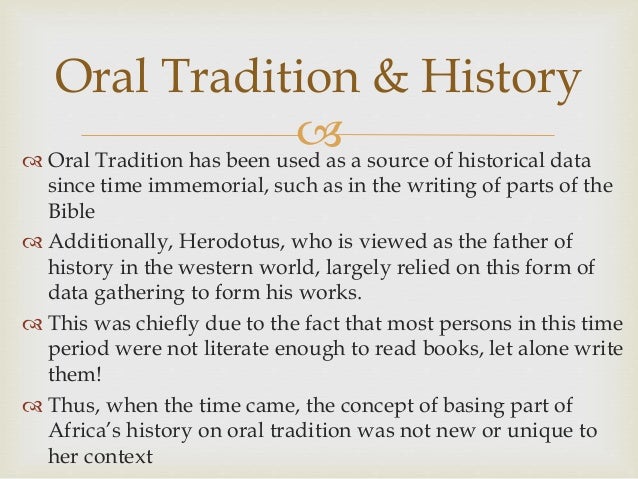
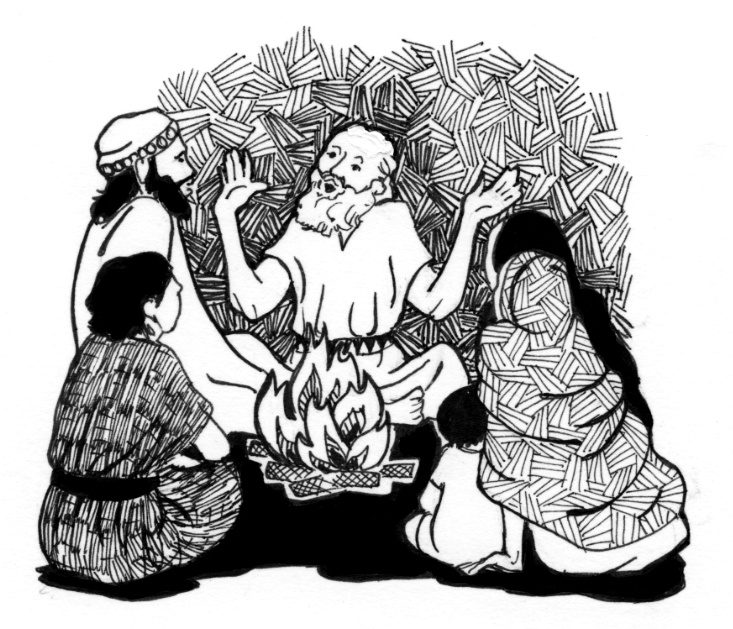
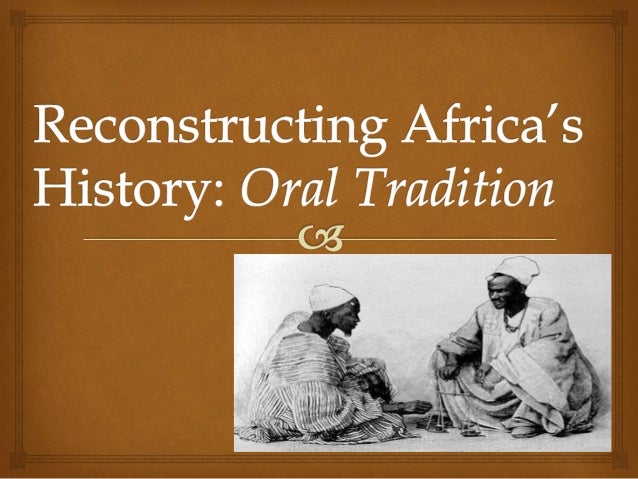
http://media.web.britannica.com/eb-media/54/132754-004-F8EC9777.jpg
For millennia prior to the invention of writing, which is a very recent phenomenon in the history of humankind, oral tradition served as the sole means of communication available for forming and maintaining societies and their institutions. Moreover, numerous studies—conducted on six continents
Written documents are very important sources of history. Letters, diaries, and even old shopping lists can tell us a lot about how people lived, what they thought and how they felt about what happened around them.

http://www.themysteriousindia.net/wp-content/uploads/2015/02/ORAL-TRADITION-IN-INDIAN-CIVILIZATION.jpg
2. Transitional Phases in the Form and Function of the Book before Gutenberg. 2.B. The Transition from Oral to Written Culture “Some might argue that, without writing, the same beliefs could not have prevailed over such a long period of time, but in reality, oral traditions are far more faithfully passed on than the written word.
top of page : I. Introduction. Just Do It; What is Oral History? Sequence For Oral History Research; Just Do It We all have stories to tell, stories we have lived from the inside out.
Written documents are very important sources of history. Letters, diaries, and even old shopping lists can tell us a lot about how people lived, what they thought and how they felt about what happened around them.
http://sctpower.pbworks.com/f/1299188056/Griot.jpg
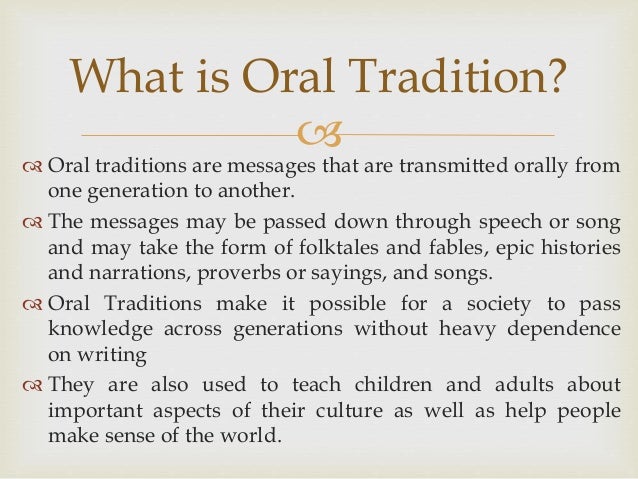

Torah sheba’al Peh – The Oral Torah and Jewish Tradition. by John J. Parsons. During Shavuot we revisit the miracle of the giving of the Torah at Mount Sinai, but you might be surprised to know that Rabbinical Judaism believes that two Torahs were given to Moses at that time — the written Torah and the oral Torah (in Kabbalistic traditions
The making of oral history: Sections 1–2 Graham Smith. Early history; Developments in oral history theory. History from below; Uncovering hidden histories
Oral literature or folk literature corresponds in the sphere of the spoken (oral) word to literature as literature operates in the domain of the written word.
According to Rabbinic Judaism, the Oral Torah or Oral Law (Hebrew: תורה שבעל פה , Torah she-be-`al peh, lit.”Torah that is on the mouth”) represents those laws, statutes, and legal interpretations that were not recorded in the Five Books of Moses, the “Written Torah” (Hebrew: תורה שבכתב , Torah she-bi-khtav, lit.
